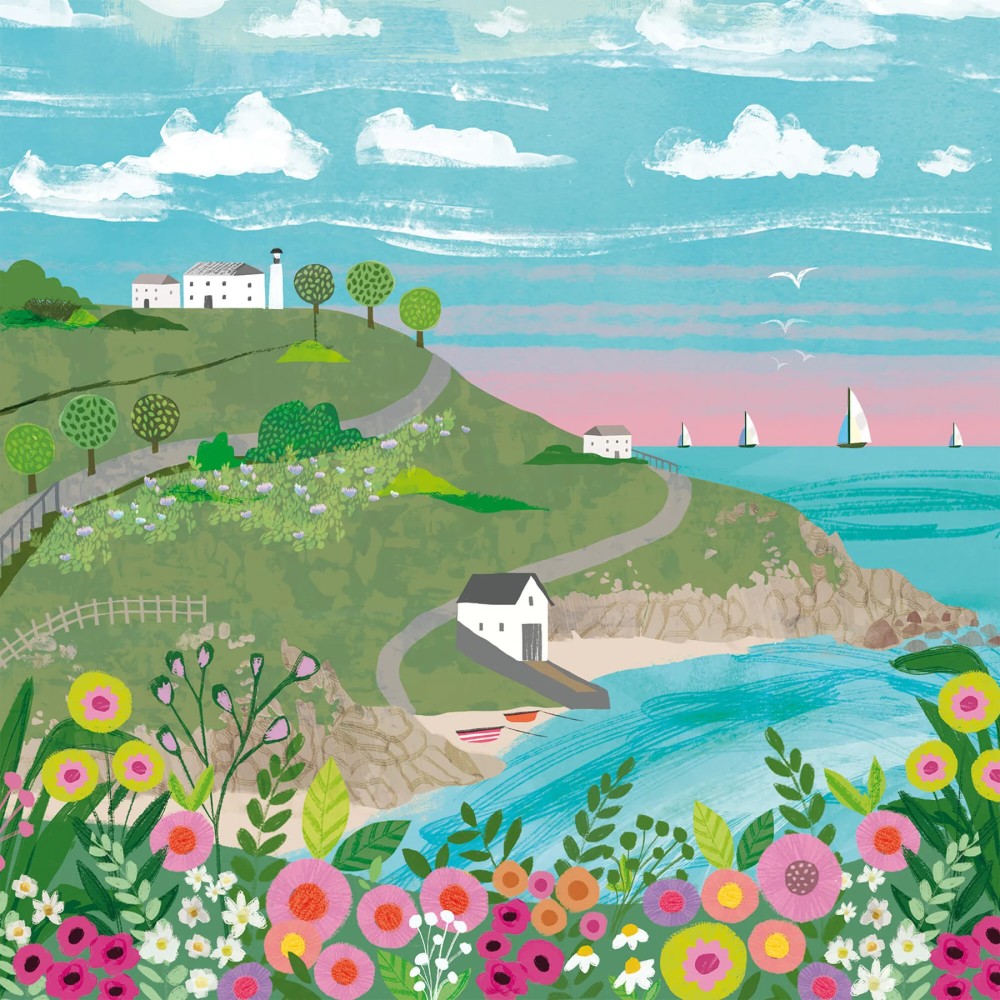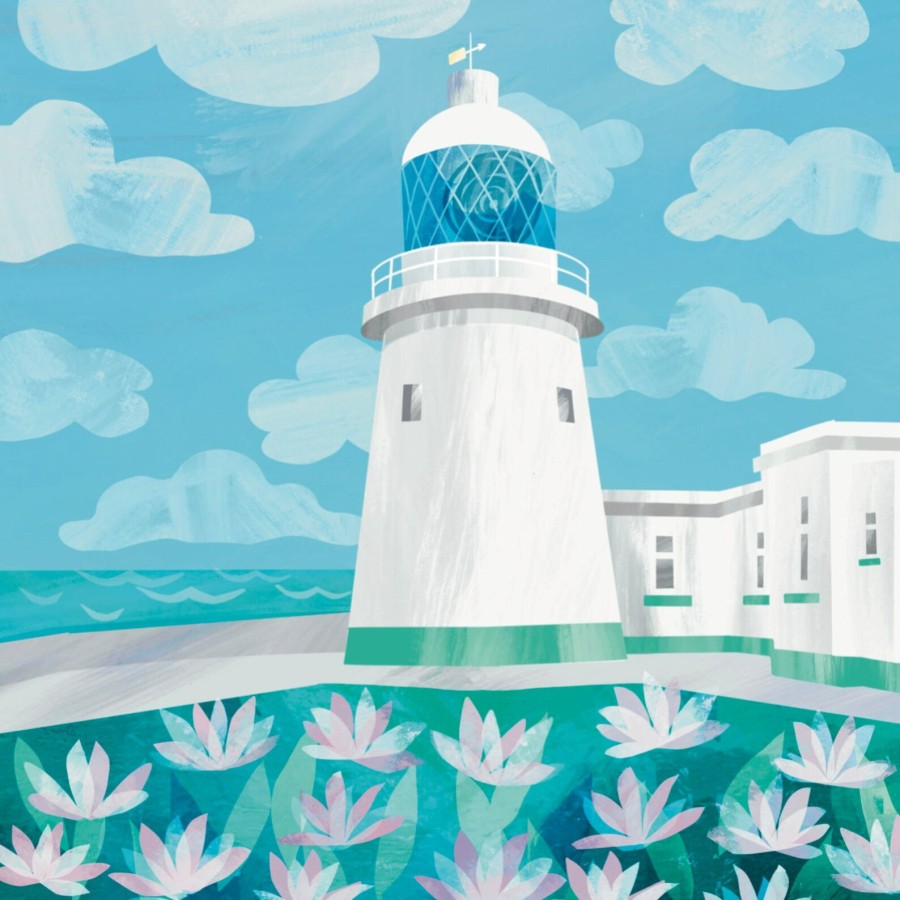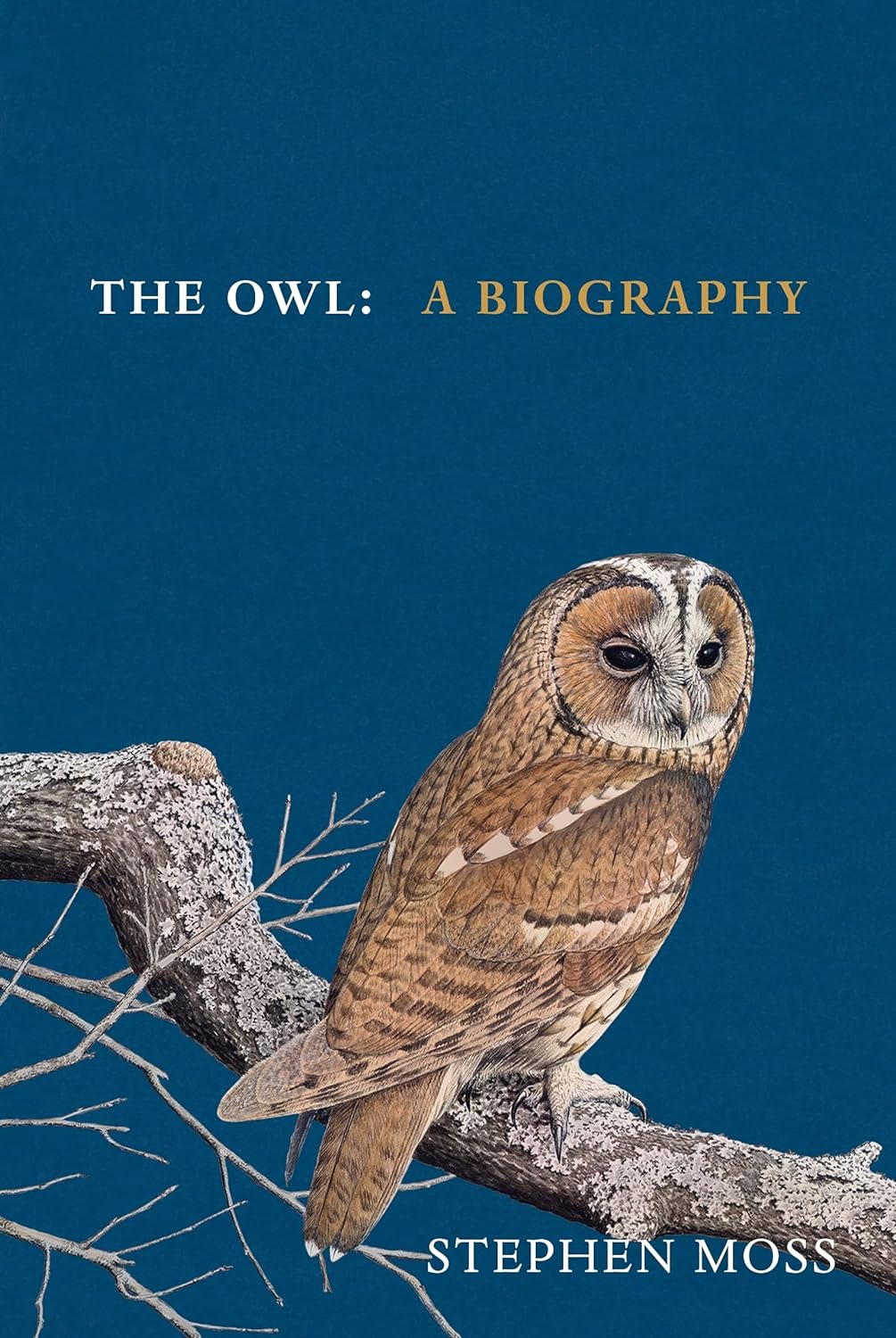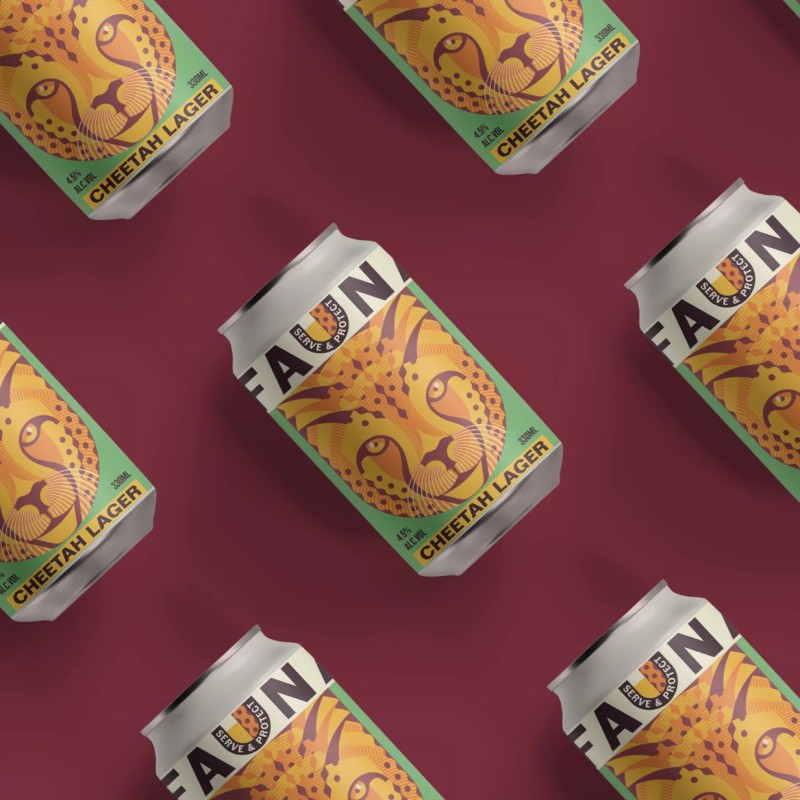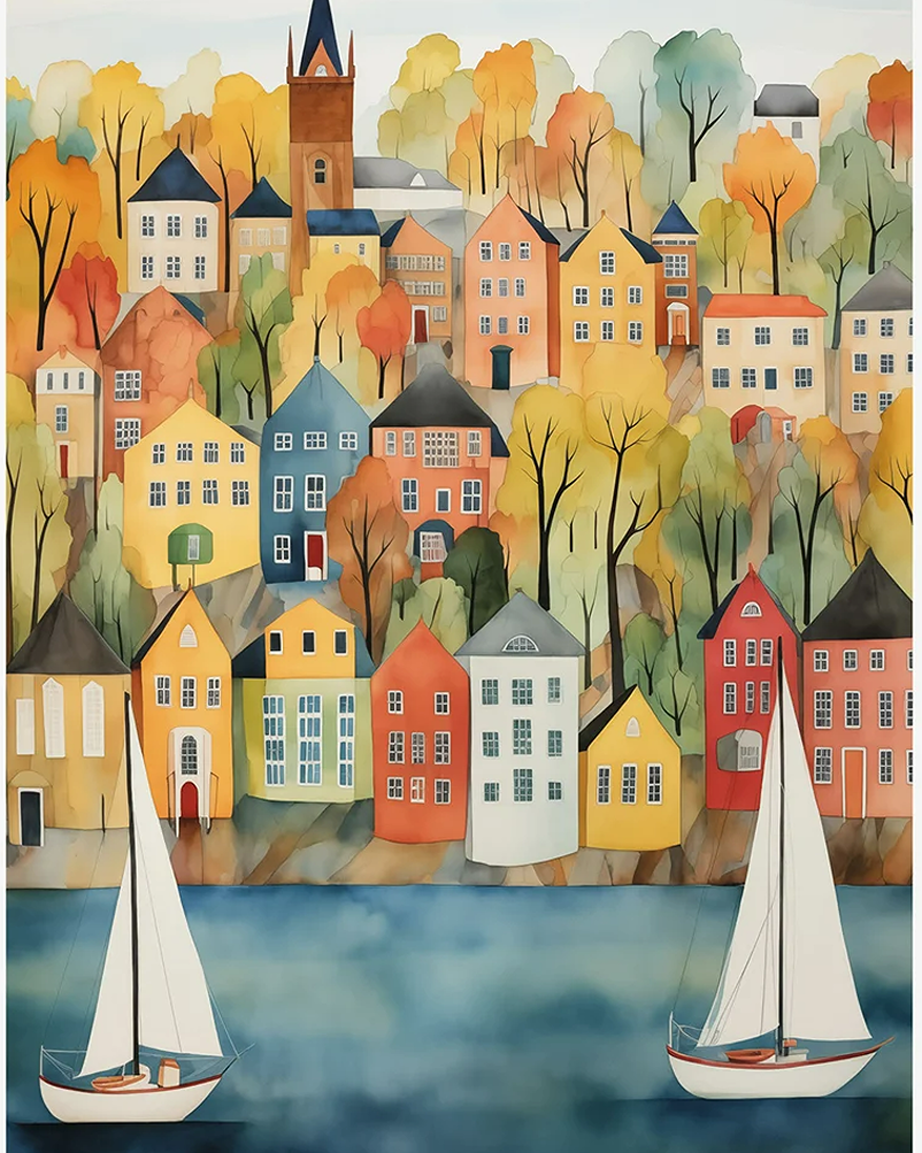
No matter what you eat, it’s important not to take too much fish from our seas and rivers. Not just in England but worldwide, over-fishing is wreaking havoc on the world from by-catch and ghost fishing waste to reducing the amount of fish for other creatures (puffins for example are at risk, with hopefully a ban on sandeel fishing going through to protect them – sandeels are those silvery fish you always see in their mouths in photos).
A recent report found a third of all UK commercial fish stocks are now in danger.Around 90% of tuna and cod in our seas has already been caught (the latter is now facing extinction if something does not change). Fish farms are not the answer – they’re cruel as fish can’t swim around and spread disease.
Modern trawlers are massive ‘factories on sea’ that use nets to drag up everything on the sea floor (including sea turtles, dolphins, sharks, whales and coral reef). Then they’re just thrown back in the sea to die. And as with factory-farming for meat, it ousts small fishing businesses. The Sunday Times Rich List reports just five families now control a third of the UK fishing quota. The government often talks of fishing rights in the English Channel, but neglect to point this out. The biggest tuna company on earth (which owns John West) only cleaned up its own practices, after protests worldwide by thousands of people.
Read Rewilding the Sea by an expert on the issues of over-fishing, suggesting we stop overfishing of bluefin tuna in the Atlantic and destructing coral gardens and leave oysters to naturally restore on the East Coast America, rather than dredge and trawl for fish (which causes more CO2 than the aviation industry).
For children, the poetic verse book Commotion in the Ocean is a brightly-coloured appeal from crabs and lobsters, sea-snails, polka-dotted fish, whales and dolphins to make the right choices when shopping (the Devon author is behind the campaign to stop the annual pilot whale slaughter in the Danish Faroe Islands.
what are the most over-fished species?
Alaska pollock is so over-fished that one author writes ‘If you’re eating fish but you don’t know what kind it is, it’s almost certainly pollock’. Often disguised as ‘seafood’ in salad or ‘crab meat’, it’s also in school ‘fish sticks’ and McDonald’s ‘Filet-o-fish’ sandwiches. With a US annual value of over one billion dollars, the species population has halved, with some predicting possible extinction if nothing changes.
Tuna is another seriously over-fished species. In the wild, these large fish can live over a decade (one fisherman off New England’s coast tagged one in 2004 that was found in a Mediterranean fish trap 14 years later, proving they can swim the entire Atlantic ocean). You can now buy vegan tuna in supermaSrkets (even John West has got on board).
Sharks are also seriously over-fished, even though they kill less people than toasters, and are vital for ocean ecosystems (even the creator of the film Jaws says he now wishes he hadn’t, due to the way sharks are now viewed). Never nbuy shark fin soup (still legal to sell in the UK – it’s got no taste and used for decoration, yet involves slicing off their fins, then throwing them back in the sea to die slowly).
the answer is ocean sanctuaries
Ocean sanctuaries seem to be the answer (these are kind of sea versions of land areas where no-one is allowed to hunt). Rising above politics, ocean sanctuaries are owned by nobody but the organisations that protect them, and are huge (Hawaii’s Papahānaumokuākea sanctuary is only smaller than the Ross Sea protected area of Antarctica) and is allowing sea turtles, monk seals and the world’s most endangered duck to restore numbers). California’s National Marine Sanctuary has seen the return of fish but sea lions, pelicans, sea otters, migrating whales and kelp forests. Yet at present, they form just 1% of oceans.
Nearer to home, Lamlash Bay in Scotland has created its own ocean sanctuary. Just one square mile (it took 13 years of campaigning by locals to create it, showing the opposition at hand). Nothing is allowed to be taken here, leaving octopus, scallops and fish to live amid the maerl (a unique seaweed that grows in the bay). It also helps to stem the issue of illegal fishing, as the penalties are greater. England now has several ocean sanctuaries, which are protecting bottlenose dolphins and sea slugs. Along with seagrass that has been damaged by trawlers and anchors – sea turtles (‘ocean lawnmowers’) love to eat it.
Many creatures (including seahorses) are at risk from boat anchors. Advanced mooring systems have developed an alternative that is safer for marine wildlife. Read tips to be a sustainable sailor!

